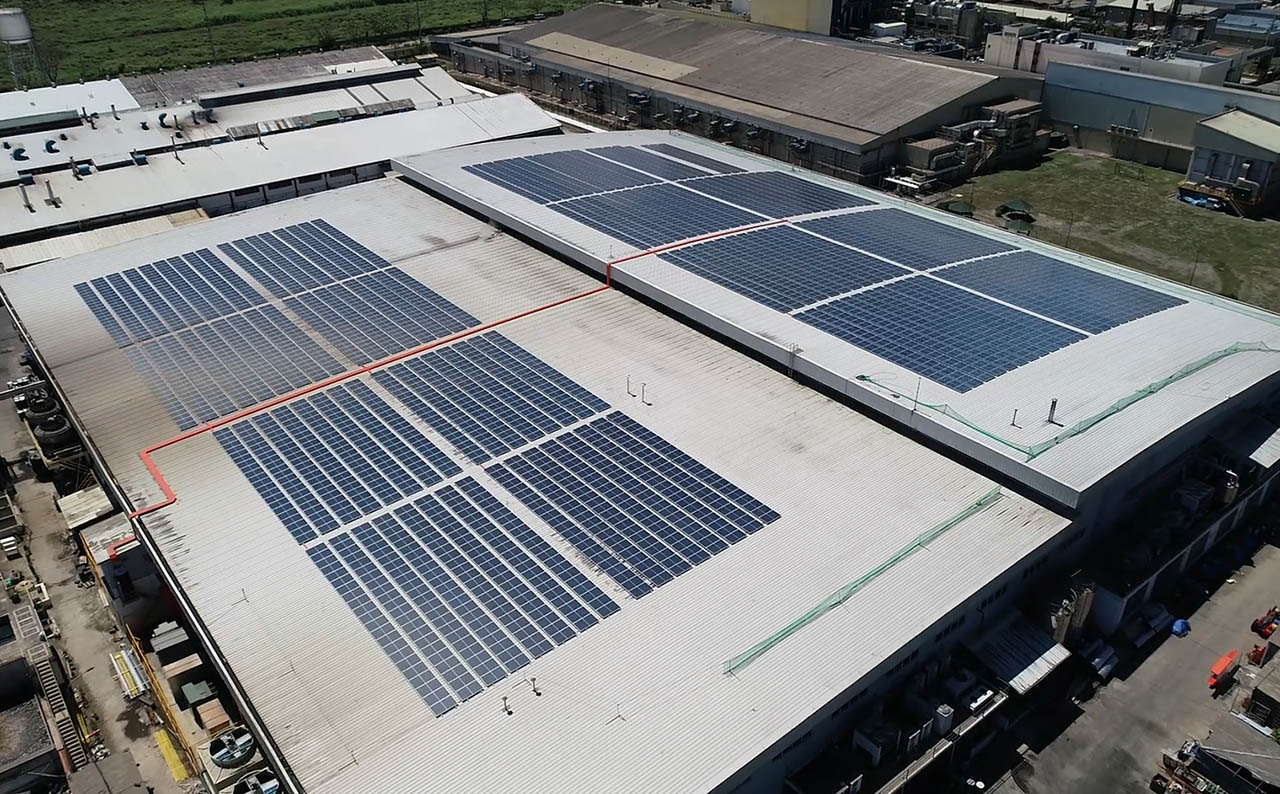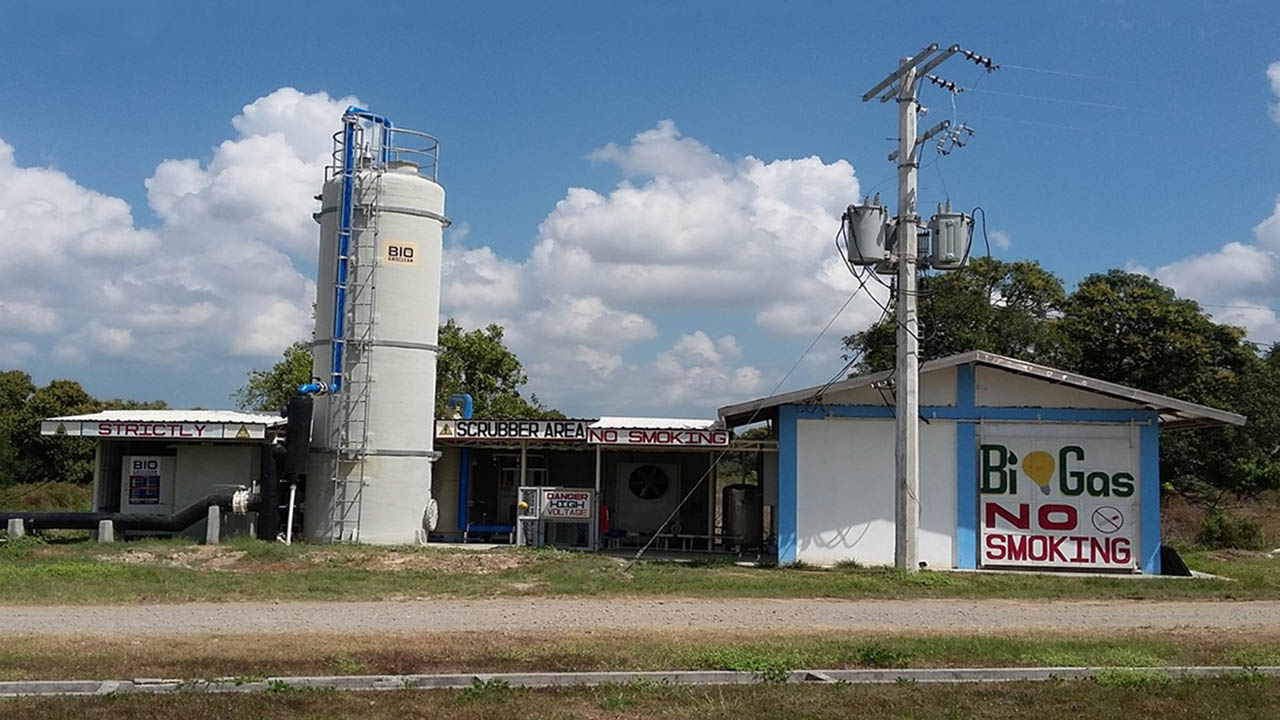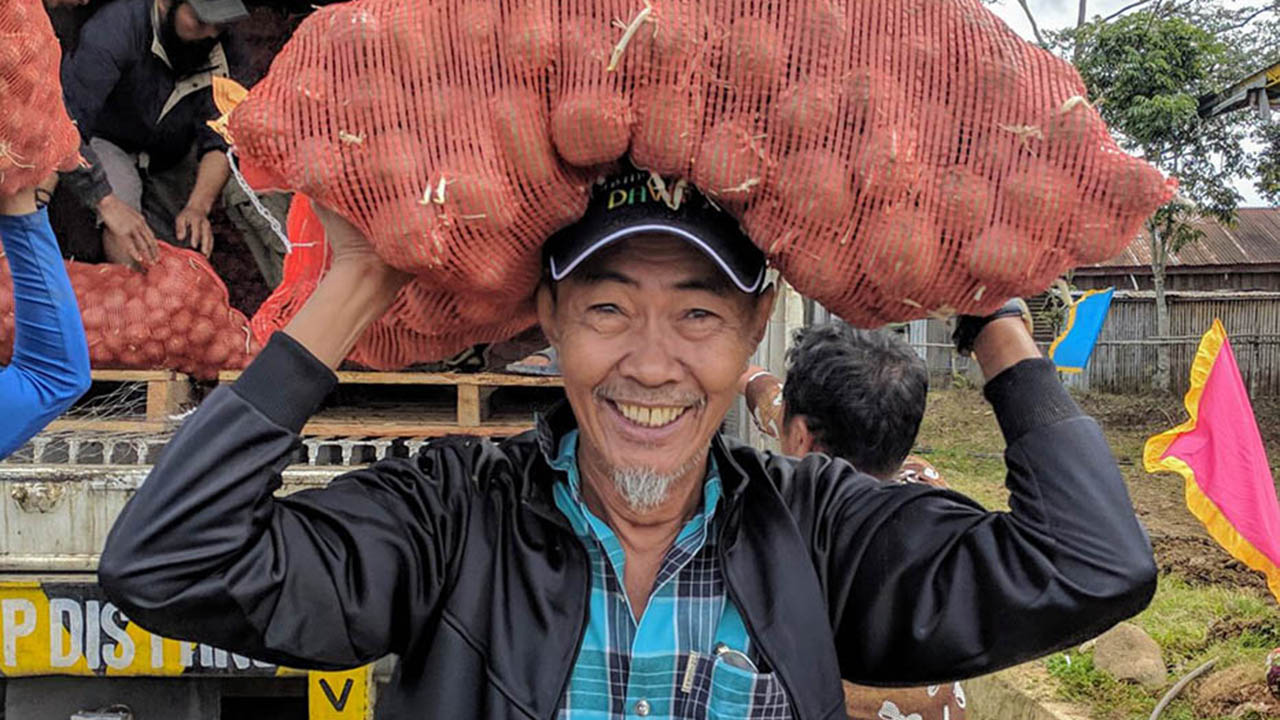Universal Robina Corporation, one of the Philippines’ largest food and beverage companies, is setting even more ambitious goals for its human resources, operations, products, and processes, as it releases its latest sustainability report.
Entitled “Fortified Futures”, the 2021 Sustainability Report details URC’s commitments on six focus areas: People & Communities, Climate Action, Water, Product, Packaging, and Sourcing.
Among the main initiatives to attain the company’s sustainability goals is the targeted reduction of the energy and water used in product manufacturing by 30% against its 2020 baseline. It is also promoting the responsible sourcing of key ingredients like palm oil, potatoes, and coffee beans.
 In 2021, URC generated a total of 3,490.83 MWh of green energy from solar power projects at its Branded Consumer Foods Group facilities in Canlubang and Thailand.
In 2021, URC generated a total of 3,490.83 MWh of green energy from solar power projects at its Branded Consumer Foods Group facilities in Canlubang and Thailand.
Another long-term target is to achieve plastic neutrality through plastic waste collection, recovery, and diversion initiatives, as well as through collaborative projects on waste management that include community engagement and linking with local recyclers.
URC is looking to form multi-stakeholder partnerships to tackle this immense plastics challenge. Aligned with this, the company was recently named as regional co-chair for the Alliance to End Plastic Waste, an industry-founded non-profit organization which promotes solutions that reduce and avoid environmental pollution from plastic waste.
URC is likewise an investor and strategic partner of Planet First, a purpose-led European growth investment platform dedicated to developing solutions to address sustainability challenges.
“Through efficient management of resources, and a consistent commitment to always give back, we aim to make lasting concrete changes on an institutional level, in a way that affects all operations, and demonstrates our resolve as a world-class manufacturer,” said Irwin Lee, URC president and CEO.
Lee said that URC has been able to polish its plans and refresh its targets ever since it released its first sustainability report in 2016 and that not even the COVID-19 pandemic has been able to derail the company’s march towards its 2030 goals.
“In many ways, 2021 presented a rehash of 2020’s challenges, with various crises putting our economy and the world climate on the ropes,” said Lee.
He added: “The difference now, aside from an increased sense of urgency, is a greater amount of experience with which URC can face the odds – and we are now setting our sights on greater ambitions towards more sustainable futures.”

As part of URC’s push toward reaching its “net zero” goal by 2050, the company has been pivoting towards making renewable energy take up a bigger share in its power use.
It has been installing solar panels at several of its facilities in the Philippines, and in its manufacturing hubs in Thailand and Vietnam. It continues to use manure, agricultural and food waste, and other organic materials as a renewable energy source.
For People and Communities, URC is committed to Safety and to Growing its Talent by bringing its lost-time injury frequency rate down to zero, providing at least 24 training hours for each employee every year, and raising by 10% annually the number of its volunteers and CSR beneficiaries.
The company has also ramped up its community support specifically in the areas of livelihood, sustainable farming, food availability, and security.
Projects such as the Agro-Industrial Group’s Kabalikat Village Hub, Flour Division’s Flourish Pilipinas, Sugar & Renewables Division’s Project SALIG, and its Sustainable Potato Program, are among URC’s initiatives towards building a sustainability roadmap that includes responsible sourcing, production, consumption, and developing the capabilities of communities for better livelihoods.
 URC launched its Sustainable Potato Program in 2019, in partnership with the Department of Agriculture. The company has distributed more than 365 metric tons of Granola potato seeds to 700 farmers from selected cooperatives in the Cordillera Administrative Region, Davao del Sur, and Bukidnon. To date, these farmer cooperatives have generated a total of Php 350 million in net income. IMAGE URC
URC launched its Sustainable Potato Program in 2019, in partnership with the Department of Agriculture. The company has distributed more than 365 metric tons of Granola potato seeds to 700 farmers from selected cooperatives in the Cordillera Administrative Region, Davao del Sur, and Bukidnon. To date, these farmer cooperatives have generated a total of Php 350 million in net income. IMAGE URC
“In the coming years, we will continue to build upon our heritage of sustainable success through the programs and targets laid out in this sustainability report: from reducing our environmental impact all the way to achieving 100 percent quality and food safety certifications for our products,” said Lee.
To view URC’s 2021 Sustainability Report, click here.


